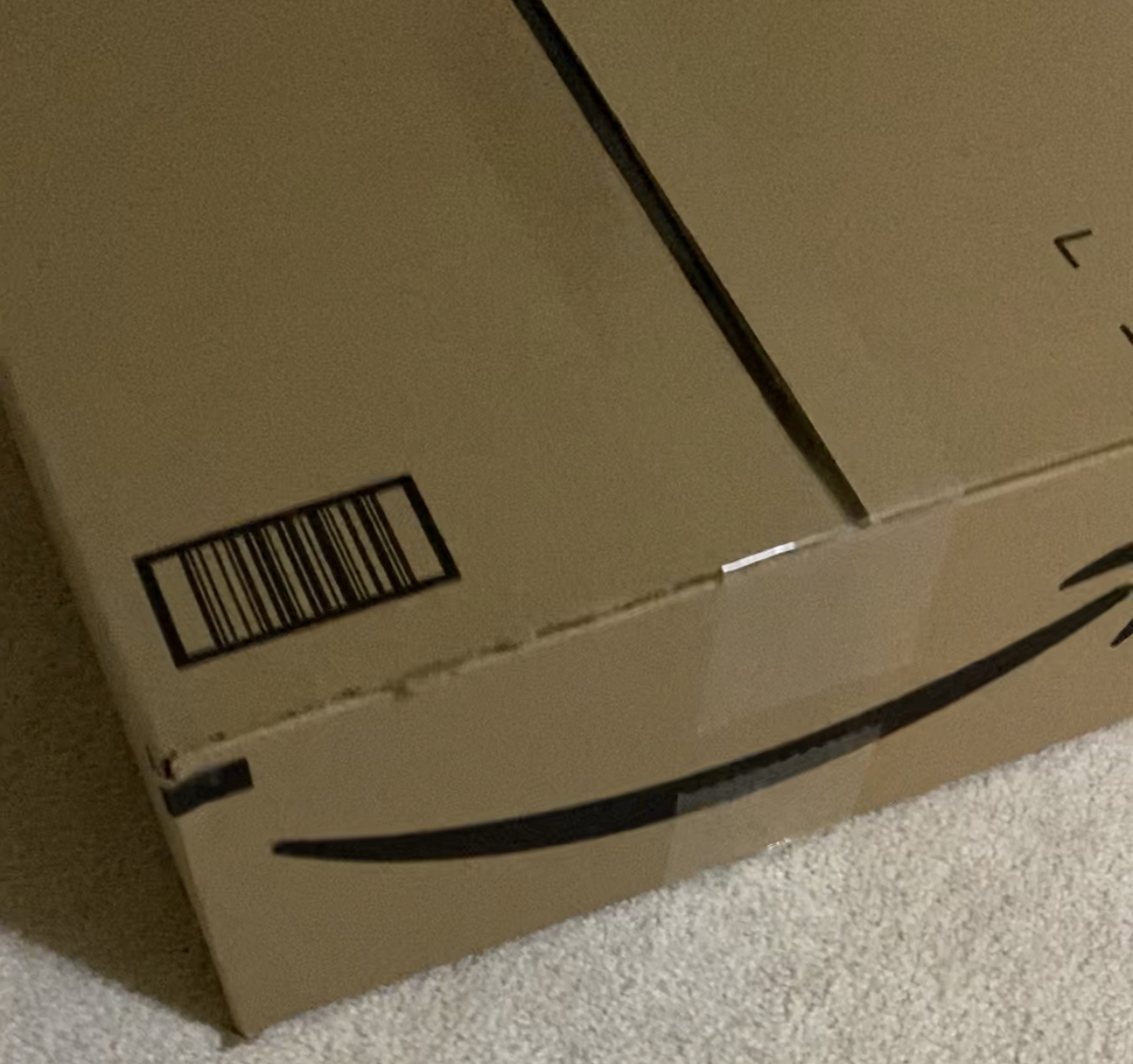When it comes to reducing your environmental footprint, supporting small online stores generally has a smaller impact compared to supporting large platforms like Amazon.
Here are a few reasons why:
-
Local and sustainable products: Small online stores often prioritize sourcing products locally and promoting sustainable practices. They may offer eco-friendly alternatives, organic products, or items made with recycled materials, reducing the overall environmental impact.
-
Reduced packaging and shipping emissions: Small online stores tend to have more control over their packaging practices. They often use minimal and eco-friendly packaging materials, avoiding excessive use of plastics or other non-recyclable materials. Additionally, they may have shorter shipping distances, reducing the carbon emissions associated with transportation.
-
Supporting local economies: Supporting small online stores helps stimulate local economies. It enables local businesses to thrive, creates job opportunities, and contributes to the development of sustainable communities.
-
Ethical and fair-trade products: Small online stores often focus on offering ethically sourced or fair-trade products. These businesses prioritize worker rights, fair wages, and safe working conditions, fostering a more sustainable and equitable supply chain.
However, it's important to note that completely avoiding larger platforms like Amazon may not always be feasible or convenient for everyone. Sometimes, larger platforms offer a wider range of products, competitive pricing, or faster shipping options. If you do choose to shop on larger platforms, there are still ways to minimize your impact, such as consolidating orders to reduce packaging waste or choosing products that are fulfilled through more sustainable practices.
Ultimately, supporting small online stores aligns better with reducing your environmental footprint, supporting local communities, and promoting sustainable practices.



















Comments